"A unifying perspective on charge fractionalization"Alexander Seidel , NHMFL/Florida State [Host: Paul Fendley]
ABSTRACT:
Condensed matter physicists are generally faced with the task of
solving problems involving some 1024 particles that interact strongly.
Amazingly, in many cases this task of seemingly hopeless complexity is
amenable to the following simple strategy: Try to find a way to
(almost) switch of the interactions in a manner that preserves all the
fundamental properties of the system. If this is possible, one says
that the system is "adiabatically connected" to a non-interacting
system.
In the past 20 years, however, much focus has been on problems where
the traditional approach does not seem feasible. In particular, a new
paradigm has surfaced which applies to certain novel incompressible
quantum liquids that are said to have "topological order". This new
paradigm encompasses the fractional quantum Hall liquids, as well as
some theoretically proposed scenarios for novel magnetism in materials
similar to the parent compounds of high transition temperature
superconductors. The phenomenology of topologically ordered states is
very exotic, including fractionally charged excitations and fractional
braiding statistics. This fact seems to preclude the possibility that
these states have simple non-interacting limits. In spite of this, it
will be shown in this talk that such a trivial limit does exist for
fractional quantum Hall systems. In fact, by studying quantum Hall
states on cylinders with varying circumference, these states can be
adiabatically evolved into simple one-dimensional charge-density-wave
systems. This point of view provides simple, intuitive pictures for
some of the exotic properties of fractional quantum Hall systems. In
particular, the principles of charge fractionalization in two spatial
dimensions and in one spatial dimension are completely unified by this
approach. The potential usefulness of this adiabatic continuity for
some unresolved problems will also be discussed.
|
Condensed Matter Seminar Monday, February 19, 2007 3:30 PM Physics Building, Room 204 Note special date. Note special room. |
To add a speaker, send an email to phys-speakers@Virginia.EDU. Please include the seminar type (e.g. Condensed Matter Seminars), date, name of the speaker, title of talk, and an abstract (if available).
 Physics at Virginia
Physics at Virginia